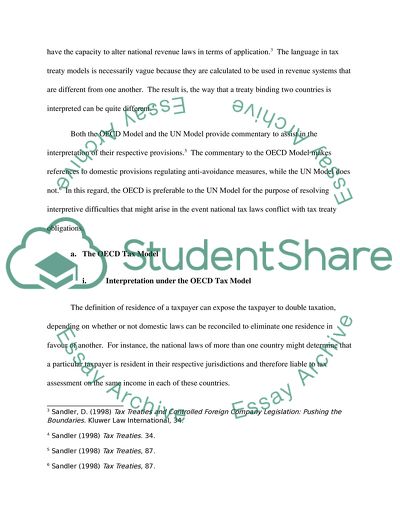Cite this document
(Tax Treaties and International Taxation Research Paper, n.d.)
Tax Treaties and International Taxation Research Paper. Retrieved from https://studentshare.org/macro-microeconomics/1729605-tax-treaties-issues-in-international-taxation
Tax Treaties and International Taxation Research Paper. Retrieved from https://studentshare.org/macro-microeconomics/1729605-tax-treaties-issues-in-international-taxation
(Tax Treaties and International Taxation Research Paper)
Tax Treaties and International Taxation Research Paper. https://studentshare.org/macro-microeconomics/1729605-tax-treaties-issues-in-international-taxation.
Tax Treaties and International Taxation Research Paper. https://studentshare.org/macro-microeconomics/1729605-tax-treaties-issues-in-international-taxation.
“Tax Treaties and International Taxation Research Paper”, n.d. https://studentshare.org/macro-microeconomics/1729605-tax-treaties-issues-in-international-taxation.


